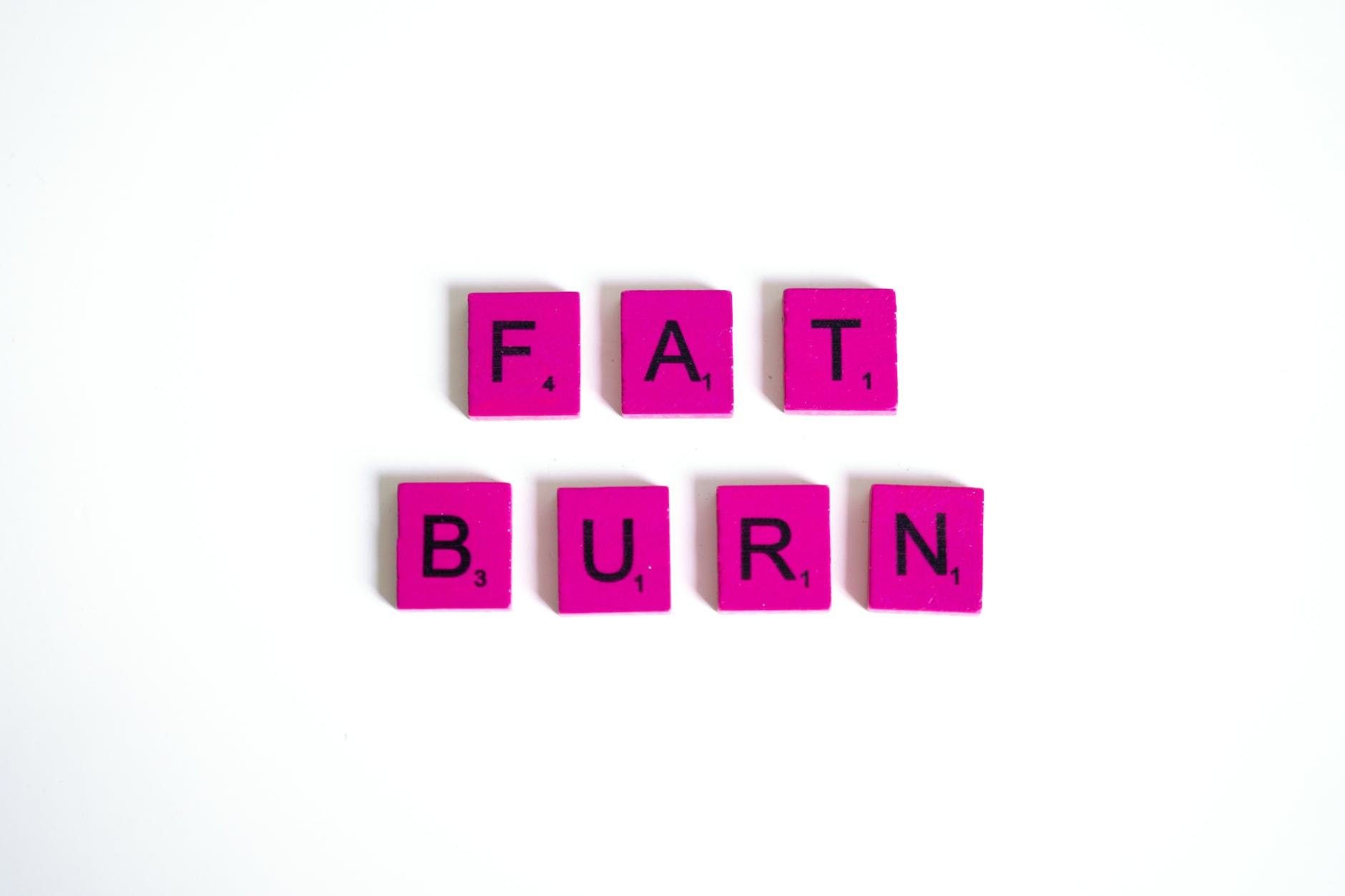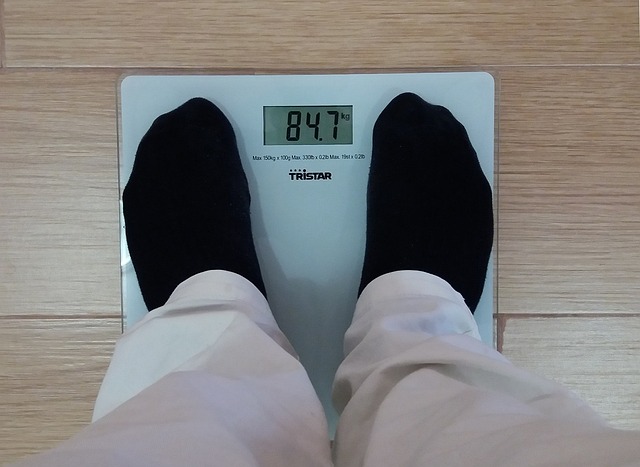Generally, weight loss translates to a decrease in weight caused by losing fat, muscle, water, and others. Weight loss can be influenced by fat, muscle, and water.
It can also be due to other variables, such as bone mineral or glycogen storage.
Glycogen reserves may be especially important for persons on low-carb diets. Quite often, Fat loss and weight loss are sometimes used interchangeably. However, they have different effects on the body and health.
Usually, when someone is on a diet to lose weight, they may focus on weighing themselves on a scale. However, the scale only shows how much weight they’ve lost and nothing else.
Shedding fat is more beneficial than shedding muscle or water; therefore, it is very important one understands what body composition is and how it can work beneficial to your overall health.
This article covers the difference between fat and weight loss, as well as how it can affect your health. It also covers how to manage fat loss while keeping muscle and lean body mass while trying to lose fat and/or weight.
What exactly is the distinction between fat loss and weight loss?
When someone loses weight, they may lose water as well as muscle. Fat loss is the removal of excess fat from the body.
Here is an explanation of body composition to help you better comprehend this concept:
Body composition is defined.
Fat mass refers to the weight of all the fat molecules in a person’s body.
People may use the phrases lean body mass and fat-free mass interchangeably to refer to non-fat molecules in the body. This includes the majority of the body’s internal organs, muscles, bones, and other tissues, as well as all of the water.
Water volume
Water accounts for 50-60% of a person’s entire body weight on average. The word “water weight” refers to any excess water in the body.
Drinking less water, on the other hand, will not result in a person losing water weight safely. Drinking more water, on the other hand, can help a person lose weight more successfully.
Water also aids in the movement of carbs and proteins in the bloodstream so that they can be metabolized by the body.
The first step in shedding water weight is to reduce your salt consumption. When you consume a lot of salt or salty foods, it can cause the body to retain too much water in order to maintain the proper salt-water ratio.
Is it better to lose weight or fat?
When people lose weight, their fat level may drop along with their muscle and fluid densities, which can very well lead to lean body mass loss and can lead to negative health consequences.
According to specialists, the following are the negative health consequences of losing lean body mass:
weariness decreases in neuromuscular function, potential impacts on emotional and psychological states, greater danger of injury
Furthermore, we want to mention that a drop in metabolic rate, which happens after losing lean body mass, might result in regaining fat mass. This will alter your body composition in a negative way.

According to the experts, lowering fat mass and retaining lean body mass is more important than losing overall weight.
Ways to tell fat loss from other types of weight loss
Anthropometric devices can be used by health practitioners to assess someone’s body fat. Nonetheless, some studies show that no single method is acceptable, and many measuring methods are either expensive, difficult, or inaccurate.
There are numerous methods for measuring fat loss:
Body fat scales employ bio-impedance to determine a person’s body fat percentage, and the scales can be used to track fat loss.
Calipers are used to measure fat in specific parts of the body by squeezing the skin, such as the belly. They can, however, be difficult to use correctly.
A tape measure can be used to track where a person is losing weight. However, it does not specify whether the inches lost are fat or muscle.
Body mass index (BMI) is an anthropometric statistic used by health professionals to categorize people’s weight. If a person’s BMI drops, he or she may lose body fat and lean body mass.
Waist-to-hip ratio and waist circumference are measurements that may be obtained with a tape measure and can help in the monitoring of fat around your waist, the middle part of your body.
How to Lose Fat While Keeping Muscle
Losing weight and fat can help a person avoid obesity and its associated health problems. However, in order for the body to operate properly, lean body mass and muscular mass must be maintained.
Popular diets such as ketogenic, low carbohydrate, and high-fiber diets cause weight loss, but you can also have a loss of lean body mass. However, if you are on a high-protein diet, you might be able to lose more fat and less lean body mass.
According to the same scenario, some dietary supplements, such as green tea catechin or chromium picolinate, might help people maintain lean muscle mass while shedding fat.
The scientists found, however, that the optimum approach incorporates a comprehensive strategy of evidence-guided calorie and macronutrient consumption as well as resistance training.
When it comes to body fat, there is a lot of information to take in. As a result, it can be difficult to determine which tactics are most helpful for people wanting to lose weight and/or reduce their body fat percentage—especially since the answer isn’t always food and exercise (though they are important). In fact, studies reveal that achieving an ideal body fat percentage differs from person to person, so what works for one body may not work for another.
So, how can you lose body fat and keep it off? Keep on reading for expert guidance on how to reduce your body fat in a healthy and lasting way.
What Is the Importance of Body Fat?
A healthy quantity of body fat is required for the human body to function properly. While being overweight has been related to an increased risk of cancer, osteoarthritis, heart disease, and type 2 diabetes, being underweight can be just as deadly.

Fat exists in virtually every cell in our body—as a matter of fact, the brain is 60% fat,” says David Friedman, a North Carolina-based clinical nutritionist and board-certified alternative medical practitioner. “Fat, like protein and carbohydrates, provides energy to the body.” Fat also plays an important part in regulating hormones, body temperature regulation, immunological function, reproduction, insulin signaling, and nutrition absorption. Furthermore, body fat is required for the effective absorption of critical fat-soluble vitamins A, D, E, and K.
Men’s and Women’s Healthy Body Fat Percentage
Even though many studies have been done over many decades, the ideal body fat percentages for men and women in terms of optimum health is still a question, according to experts.
Having said that, basic body fat guidelines for men suggest that 2% – 5% body fat is required, 2% – 24% body fat is good, and more than 25% body fat is obese. Women should have 10% – 13% body fat; 10% – 31% body fat is considered healthy. If the fat level is more than 32%, body fat is considered obese. In other words, there is a wide range of acceptability dependent on gender and body type.
In conclusion
To retain muscle mass while reducing weight, a person should consume enough protein and engage in strength and resistance exercises.

